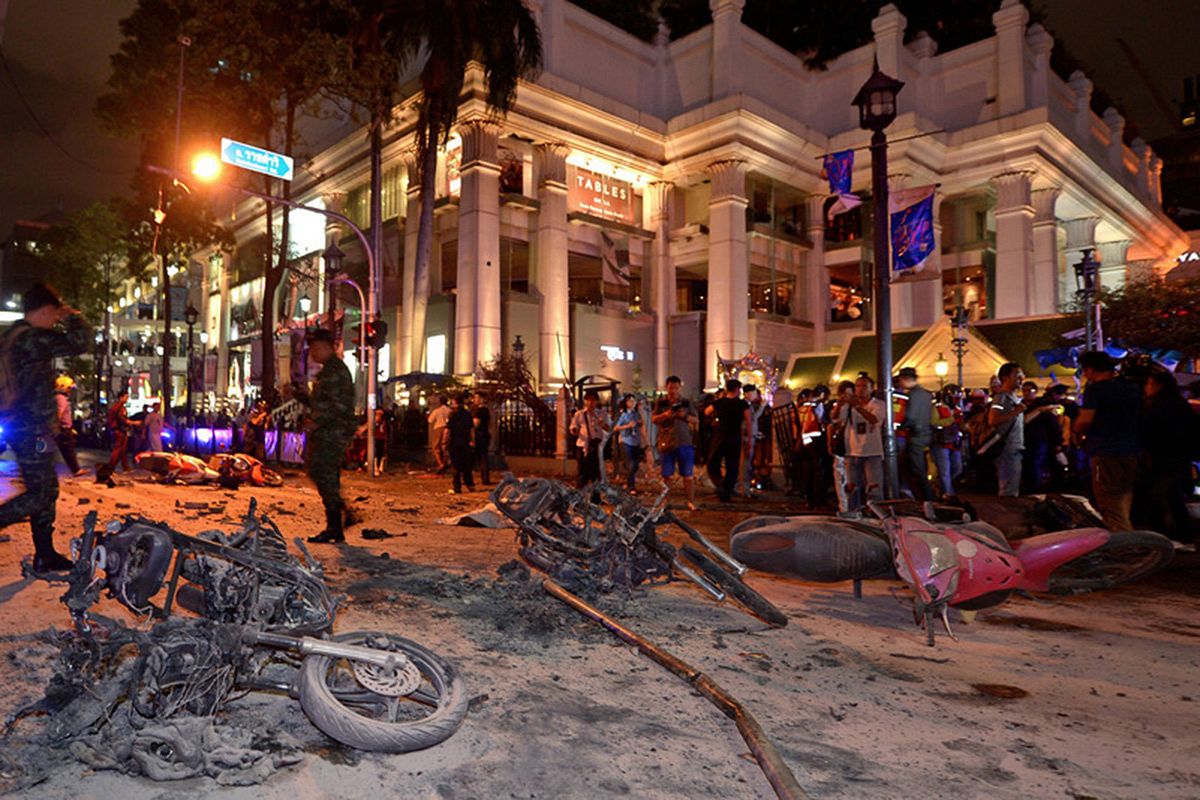Last week’s blackout was one of many across SE Asia in recent weeks, with large-scale power outages in Thailand, the Philippines, Cambodia and Vietnam. While the blackouts in Vietnam and Cambodia have been attributed to a crane accident, the circumstances in Thailand and the Philippines were less clear, causing some to suggest that they were politically motivated.
On May 8, an outage in 5 Filipino power plants left Luzon Island, where Manila is located, in darkness. Occurring a few days before midterms polls, some asserted that the blackout was tied to planned election fraud. While there were outages on the Election Day, they impacted relatively few.
A blackout in Thailand 2 weeks later effected the south where the Thai military has been battling armed Muslim rebels since 2004. Many feared it was a precursor to a large scale military operation and others suggested that it was a ploy to convince the public to build coal plants where there has been strong local opposition to them.
Now that a few weeks have passed without political incident, the conspiracy theories are likely thawing. But if one thing is clear, it’s that SE Asia’s power grid is far from safe, a potentially expensive shortcoming. Known costs associated with the blackouts this month include: $700,000 in lost revenue for EVN (costs to businesses are unavailable are likely in the order of millions of dollars) and losses of as much as $330 million for the Thai food and rubber processing sector. It may be months (or never) before actual figures are released.
The recent power outages have resulted in some soul-searching. For Vietnam, the blackout has caused power-hungry international companies like Intel to re-think their expansion strategies. Cambodia, which imports most of its power from Vietnam, will have to look into developing their domestic capacity, especially as their economy grows. The Philippines is debating whether or not to restart its mothballed nuclear plant and the Thai public is calling for the resignation of their energy minister.
While these blackouts seem to have been free from political influence, as we're seeing, they have the potential to create political crises.














